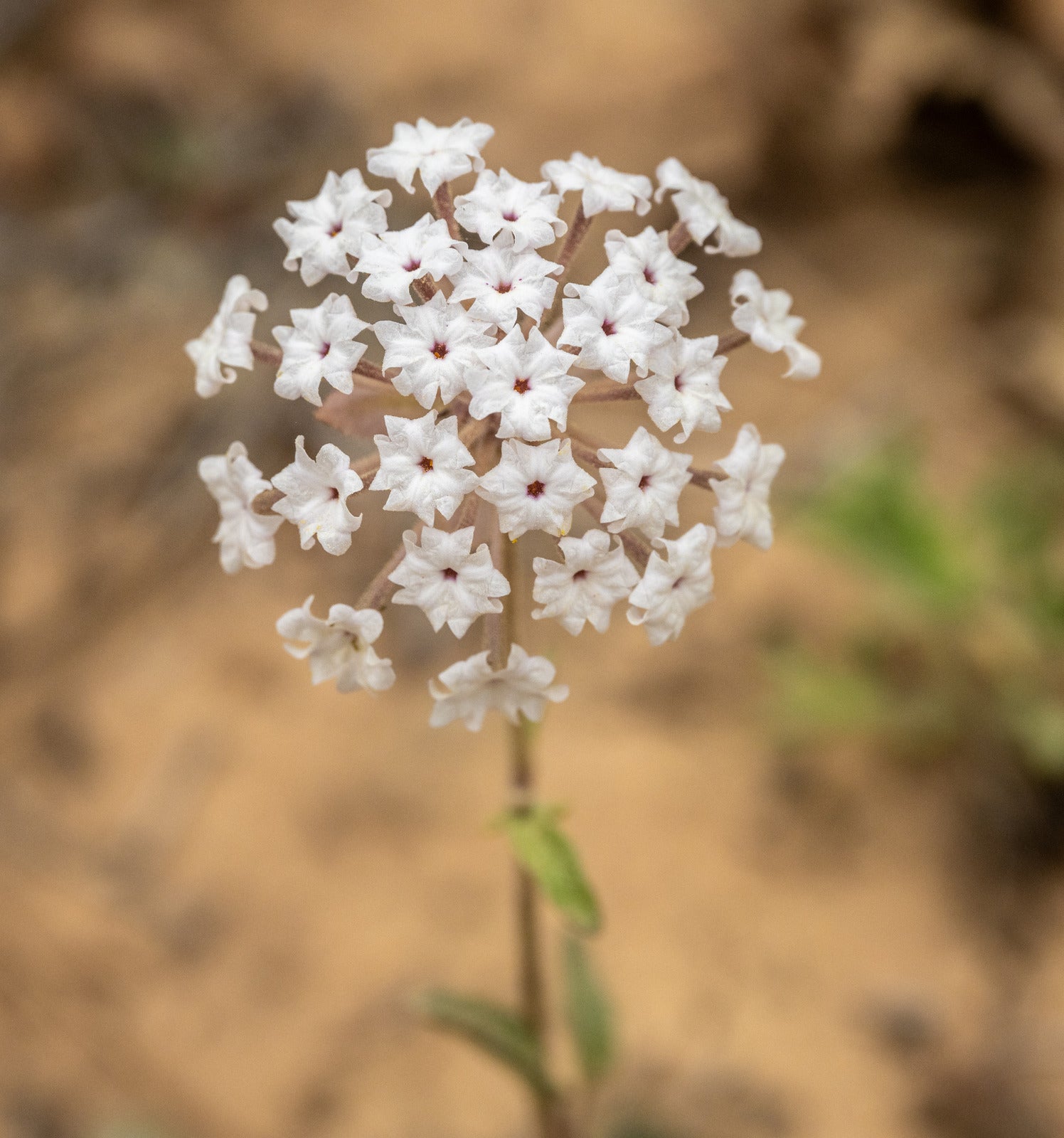ASCLEPIAS VERTICILLATA / WHORLED MILKWEED
- Regular price
-
$19.99 CAD - Regular price
-
- Sale price
-
$19.99 CAD
Couldn't load pickup availability
Delivery Fees
Delivery Policy
Enjoy FREE delivery on all orders over $149!
For orders between $80 and $149, a $18.99 delivery fee will apply.
Orders under $80 will be prompted to add more items to your cart.
ASCLEPIAS VERTICILLATA / WHORLED MILKWEED
A Delicate Native Perennial with Slender White Flowers
Asclepias verticillata, commonly known as Whorled Milkweed, is a graceful native perennial recognized for its fine, thread-like foliage and clusters of fragrant white flowers. Blooming in mid to late summer, it attracts monarch butterflies, bees, and other pollinators while adding soft texture to native gardens, prairies, and naturalized landscapes. Thriving in full sun with well-drained soils, Whorled Milkweed is drought-tolerant and low-maintenance once established.
Why Choose Whorled Milkweed?
Pollinator Magnet: Supports monarch butterflies, bees, and other beneficial insects.
Delicate & Elegant: Fine-textured foliage and slender white flower clusters add subtle beauty.
Drought Tolerant: Performs well in dry, sandy, or poor soils once established.
Low Maintenance: Easy to grow and long-lived in native and naturalized plantings.
Key Features:
Foliage Color: Deep green, narrow, thread-like leaves arranged in whorls along stems.
Flower Color: Clusters of small, fragrant white flowers in mid to late summer.
Height and Spread: Typically grows 1–2 feet tall and 1–2 feet wide.
Hardiness: Hardy to USDA Zones 3–9.
Sunlight: Prefers full sun.
Soil Requirements: Well-drained soils; tolerates sandy, loamy, or poor conditions.
Specifications:
Plant Size: 1–2 feet tall, 1–2 feet wide.
Growth Habit: Upright, clump-forming perennial with slender stems.
Hardiness: USDA Zones 3–9.
Flowering: Mid to late summer with white flower clusters.
Ideal Uses:
Pollinator & Butterfly Gardens: Essential for monarchs and other pollinators.
Prairie & Native Plantings: Perfect for naturalized meadows and prairie-style landscapes.
Borders & Beds: Adds delicate texture and summer blooms to mixed plantings.
Low-Maintenance Gardens: Reliable and attractive in drought-tolerant and naturalized gardens.
Whorled Milkweed is a graceful and ecologically important native perennial. Its slender white flowers, pollinator benefits, and low-maintenance habit make it a standout addition to native gardens, prairies, and naturalized landscapes.

Care Instructions
Different plants have different watering needs. Check the soil moisture by inserting your finger about an inch into the soil. If it feels dry, water the plant until the water drains from the bottom of the pot. Avoid overwatering, as it can lead to root rot.


ASCLEPIAS VERTICILLATA / WHORLED MILKWEED
- Regular price
-
$19.99 CAD - Regular price
-
- Sale price
-
$19.99 CAD


